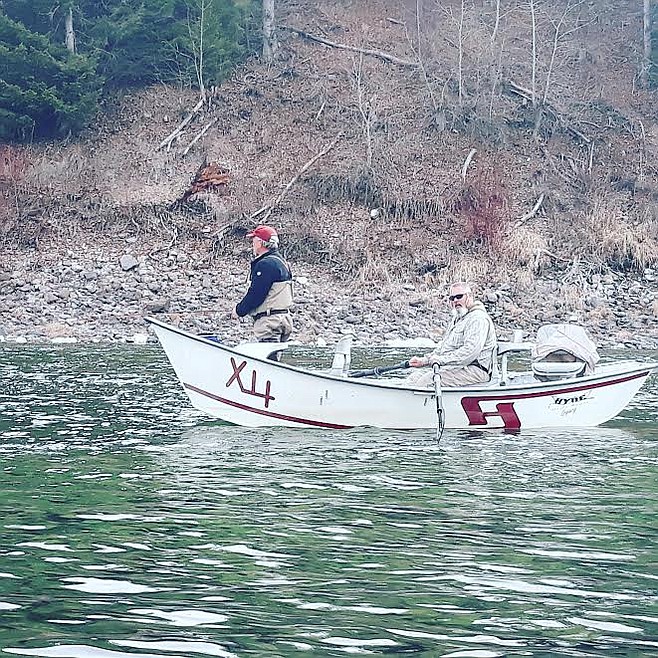Breaking winter doldrums with fly fishing
For some Montana fishermen, even once the snow flies, they keep the flies casting. With streams and rivers quieter during the winter months local fly-fishing enthusiasts take advantage of mild temperature days and brave the icy waters. ...
Become a Subscriber!
You have read all of your free articles this month. Select a plan below to start your subscription today.
Already a subscriber? Login



